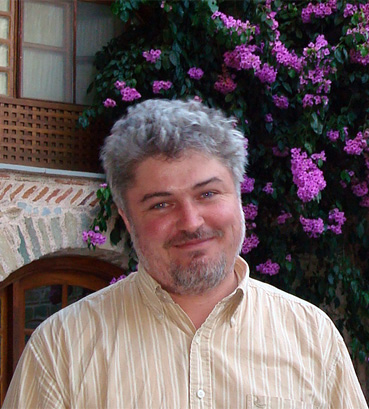
The project aims to investigate the social and economic relations in the Byzantine empire that influenced the communal life of the Jewish communities. The scope of the project is defined temporally and spatially. It is proposed to begin in the fourth century and end in the seventh century CE. This will allow the inclusion of the widest possible selection of epigraphical, literary and archaeological sources. Geographically, the project will include the areas of the Balkans, the Aegean, Asia Minor and Cyprus. Panayotov’s overall aim is to establish the place Jews occupied in the stratigraphy of Byzantine society and how the social and political changes in this society influenced their communal life. This will require a study of Jewish everyday life and he will focus on the communal organisation and leadership of the Jewish community, the social status, occupation and cultural concerns of its members. His innovative idea is that Byzantine legislation has actually influenced the use of Graeco-Roman civic terminology within the Jewish communities in the areas concerned, thus helping to preserve their communal structure. This facilitated the involvement of the Jewish minority in the public life of the Byzantine empire and relations to Christians, the wider Jewish world and other minority groups like the Samaritans.
Project title:
Minority status and identity: A case study of the Jewish minority in Byzantium
Area of research:
History, Philosophy and Pedagogical Sciences
Fellowship period:
1 Oct 2014 – 30 Sep 2017
Fellowship type:
AIAS-COFUND Marie Skłodowska-Curie fellow

This fellowship has received funding from the European Union’s Seventh Framework Programme for research, technological development and demonstration under the Marie Skłodowska-Curie grant agreement No 609033 and The Aarhus University Research Foundation.
